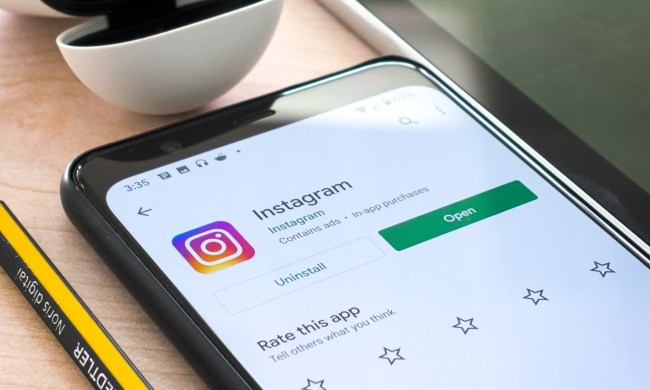Mobile gaming is on the rise. AppAnnie has released its second-quarter report of app trends in 2019, highlighting that mobile games account for a hefty 75% of mobile spending, despite only accounting for 35% of mobile downloads.
In general, mobile apps had a record quarter, hitting 30.3 billion downloads and close to $22.6 billion in consumer spending, across both the Google Play store and the App Store. When it comes to the number of downloads, Google Play hit 22.5 billion, representing a growth of 10% compared to last year and furthering its lead in downloads on iOS to up to 185%. Apps represented a majority of downloads on both the App Store and Google Play, compared to games. On iOS, however, app downloads represented 70% of downloads, while on Google Play they only represented 60%.
As expected, while Google Play represents the majority of downloads, consumer spend is much higher on the App Store. Consumers spent 80% more on iOS compared to on Android, despite the fact that downloads were much higher on Google Play.
When it comes to the popularity of game genres, arcade, action, and casual games are the most popular on Google Play, while arcade, action, and puzzle games were the most popular on the App Store. Across both stores, however, casual games like Run Race 3D and Clean Road were the most popular. There were some breakout games in the second quarter of 2019, including Clash of Clans, which made its way back into the top 10 apps by consumer spend, and Perfect World, which is a new app that made it to number seven. As expected, PUBG Mobile kept its top spot of monthly active users.
It’s expected that the rankings could shift a little for the third quarter of the year, especially given the launch of Harry Potter: Wizards Unite, which was developed by Niantic, the same company behind Pokémon Go. That game still sits in at number 6 of monthly active users, but it remains to be seen whether or not the new Harry Potter game can reach the same heights.
The fastest-growing app categories were a little different on iOS and Android. Auto & Vehicles, Comics, and Entertainment were the fastest-growing categories on Google Play, but Food & Drink, Education, and Finance apps accounted for the most growth on the App Store.



